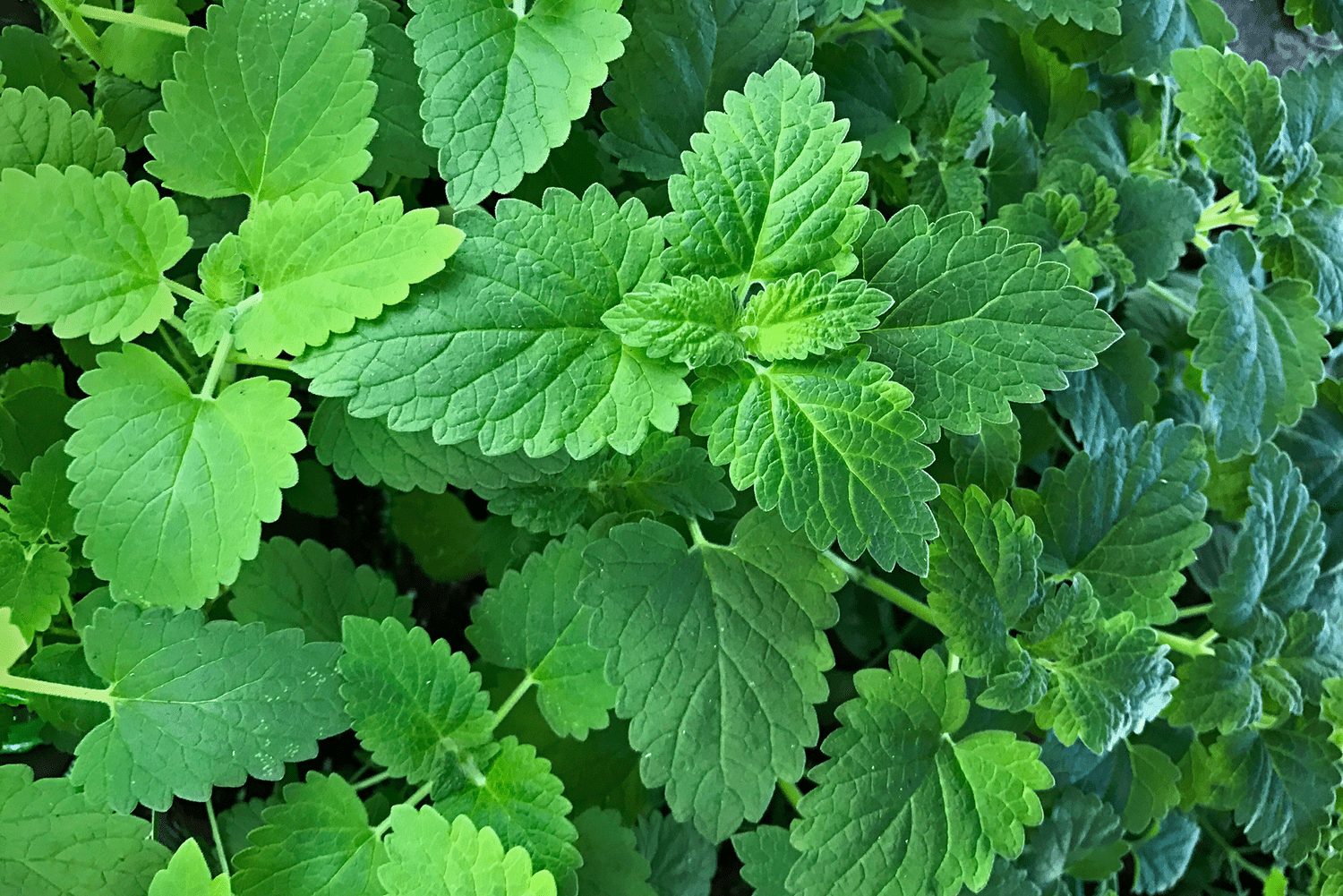Cat Safe Plants
If you are a cat parent as well as a plant enthusiast, you are likely aware that there are many plants that are toxic to cats. But on the other hand, there are many that are safe and even enjoyable for our feline companions. Ideally, it is best to keep the plants out of the reach of your cat, but if you are like me and have an acrobat and plant muncher in your home, the battle between plant and pet is an ongoing process. While it can be difficult to keep the cat from hole punching your plants, luckily there are ones that won't cause harm. Below is a non-exhaustive list of house plants that can safely cohabitate with cats.
Spider plant -Anthericum Comosum
A common household plant staple, the spider plant is an excellent, pet friendly, option. One thing of note, while not toxic, it has mild hallucinogenic properties. So if your cat likes to stare at ghosts in the corner, it’s possible a nibble or two of this plant has occurred.
Hens and chicks -Sempervivum tectorum
A fun succulent to have, hens and chicks come in several color varieties and will self-propagate. These guys like good light, sandy soil, and water sparingly.
Cat grass - Dactlys glomerata
Cat grass is often a fan favorite, and a source of environmental enrichment. Although, if consumed in large quantities, you may find yourself cleaning up more vomit than normal as cats don’t have the enzymes to digest it properly. Cat grass likes a sunny window and water just when the dirt on the surface dries.
Catnip - Nepeta criteria
Catnip is a good option and is in the mint family. What makes catnip so enticing to cats, is the chemical nepetalactone. This chemical stimulates chemicals in the brain related to mood and happiness. It likes a sunny location with well draining soil.
Ponytail palm -Beaucarnea recurvata
These plants have fun curly leaves and are actually in the asparagus family and are succulents, not actual palms. Ponytail palms like bright indirect light and water about every two weeks so the soil dries completely between waterings.
Boston fern -Nephrolepis exaltata
One of the classic ferns, the boston fern is actually excellent at helping purify the air in your home. Unlike most ferns, Boston ferns more often reproduce by runners or stolons. They like bright indirect light and consistently moist but not saturated soil.
Moon orchid -Phalaenopsis orchid
A beautiful option, the moon orchid boasts a ghostly white bloom and is somewhat drought tolerant. They are epiphytic, which means they can grow on another plant, but are not parasitic. They like dappled light and water about once a week.
Cast iron plant -Aspidistra elatior
This plant actually got its name during the height of the industrial age because it could have handled the environment of a factory floor, so they will likely handle cat investigation with ease. They need low light and like the soil just moist.
Peperomia
Peperomia is a large genus of over 1000 species that come in many varieties, colors, leaf shapes, and variegation. In Brazil it is viewed as an agent of luck. They like bright indirect light and like to dry out between waterings.
Money tree -Pachira aquatica
This broad leaf evergreen can actually grow up to 7 feet and are usually several trees with their trunks braided together. While it can resemble bonsai, it is not a true bonsai. It likes bright indirect light and water every week or two.
Unless you can guarantee your cat doesn’t have access to these plants, these are a few that should be avoided for their toxic properties:
Snake plant
Most begonias
All varieties of lily
Asparagus fern which is actually in the lily family
Succulents in the euphorbia family
While the above plants in the main list above aren’t toxic, it is still best practice to try to keep cats from eating on the plants as much as possible as they are not a normal part of their diet. The safety of our furry friends is important.
Always consult your vet if you think your cat has ingested a poisonous substance.
-Naomi Phillips










